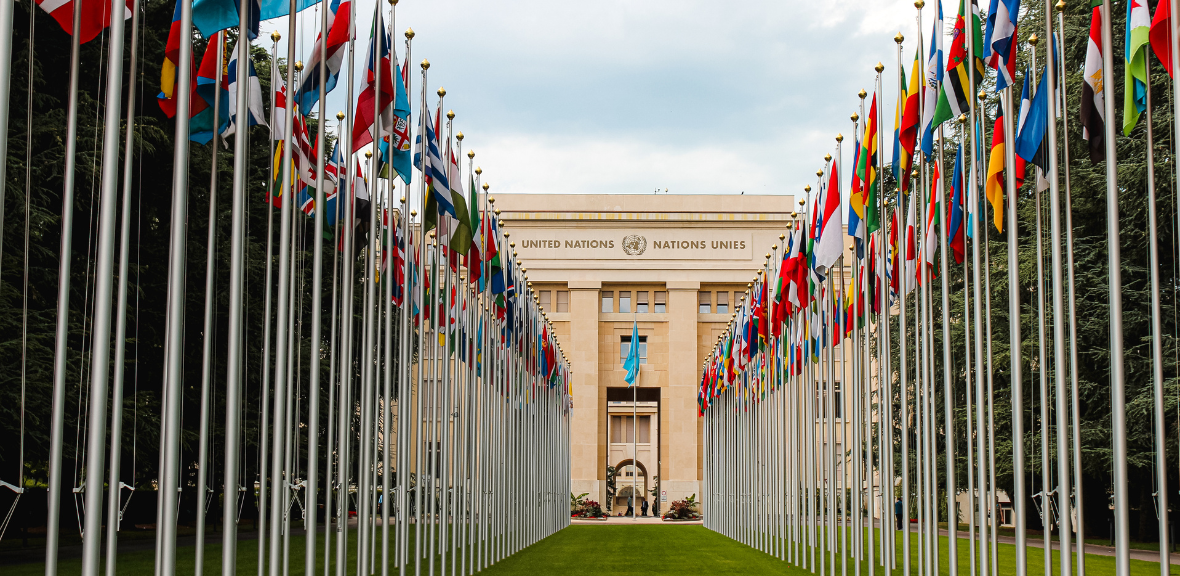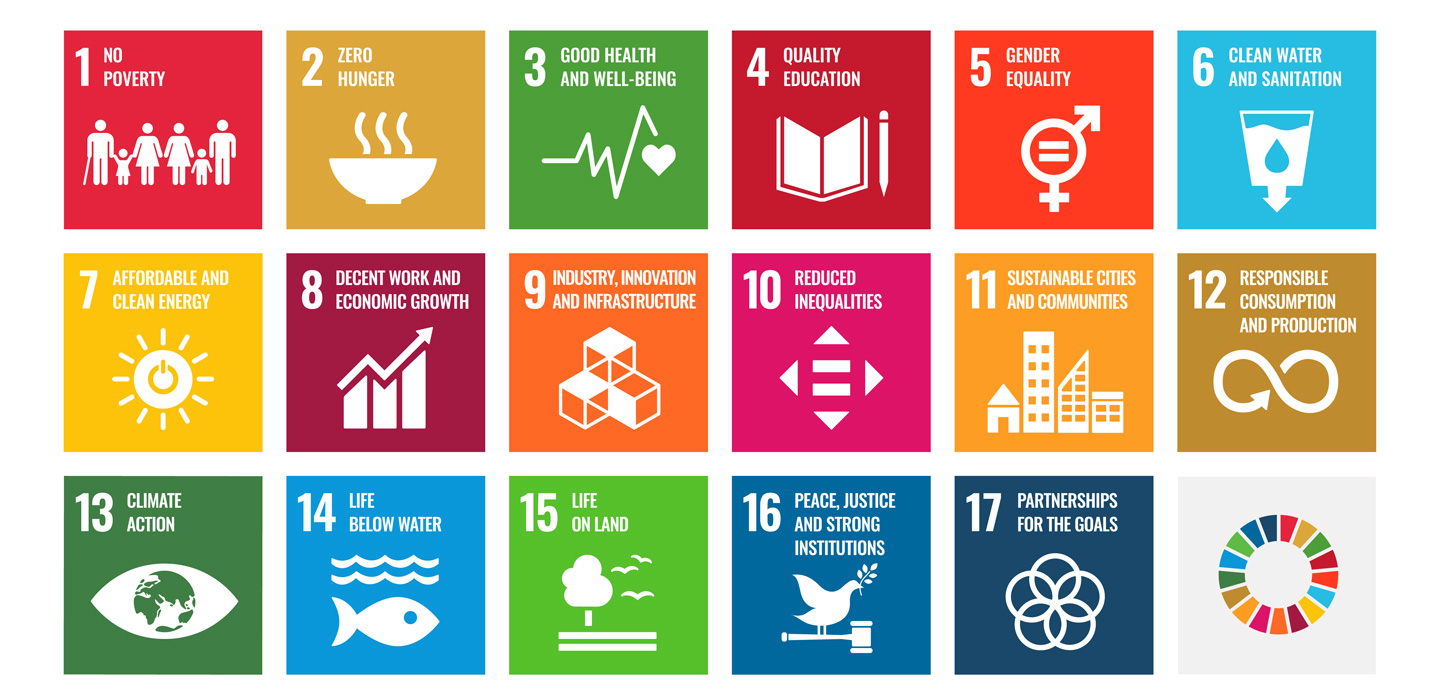
Background
The United Nations Sustainable Development Goals (SDGs) have been adopted by the international community and are expected to drive national development and international aid agendas until 2030.
The SDGs are the successors both to the Millennium Development goals (MDGs) and to the 1992 Rio Declaration on Environment and Development. As such, they aim to be a universal agenda for 'people, planet and prosperity'. This agenda explicitly includes concerns about climate resilience, biodiversity loss and sustainability of consumption alongside issues of health, poverty and education. Furthermore, the goals are intended as an interconnected parts of a single programme in which the 'environmental' objectives are integral to the achievement of the whole. This interconnectedness is made clear by the 169 targets which underlie the 17 goals.
Unfortunately, because there are 169 targets (and 232 indicators), it can be difficult for workers in any one field to become familiar with the whole programme. To add to the difficulty, the targets are not always simply worded, nor is their interpretation always straightforward. For conservationists, there is therefore a need to explore the current and possible future contributions of their work to this diverse agenda and so find ways to approach the SDGs in a more integrated way.
Aims
-
To identify key questions around biodiversity conservation’s potential to deliver the SDGs.
-
To employ experience from existing initiatives within CCI organisations to help answer these questions and to identify the critical gaps.
-
To find ways to use this information o help make the case for mainstreaming biodiversity considerations into all relevant sectors associated with the delivery of the SDGs.
Key Activities
Under the Cambridge Conservation Initiative 'Unusual suspects' project:
-
A questionnaire survey of projects run by CCI partners and funded by the UK's Darwin Initiative, to list their contributions to the 169 targets.
-
A review of self-reporting of all Darwin-funded projects against the SDGs.
-
A literature review on claims about the contributions of conservation and biodiversity to the SDG agenda.
-
An open workshop (in the David Attenborough Building, Cambridge, November 2017) to suggest alternative areas and modes of engagement
Under a follow-up ESRC Impact Acceleration award:
-
Development of an online tool to help conservationists engage with the SDGs.
-
Synthesis of results from Unusual Suspects Project for publication (ongoing)
Outputs
Our web-based tool is available at www.sdgtool.com
The tool is essentially a questionnaire which aims to help its users find the SDG targets which are relevant to their own project, programme or other initiative. It is aimed at biodiversity-conservation initiatives but may also be useful to people working in other fields.
The idea to develop the tool came out of our experience of administering a questionnaire in which project managers had to grapple with the full list of 169 SDG targets. The tool aims to make this process simpler and faster. Initial feedback has been mostly positive.

